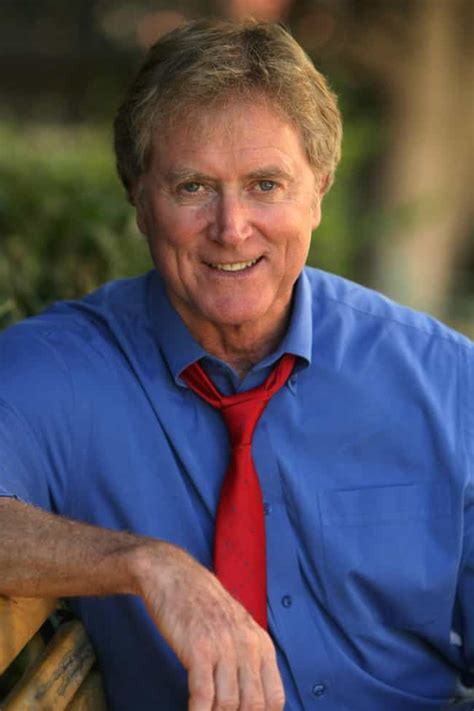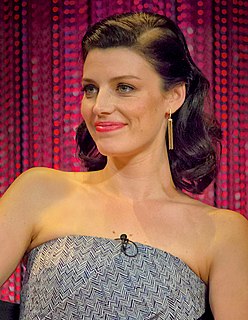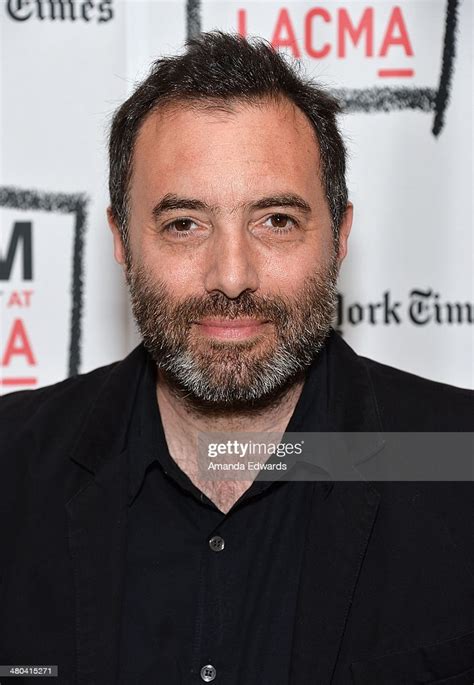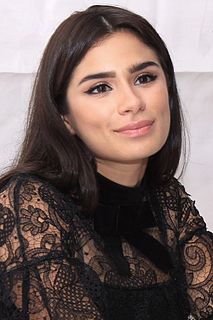A Quote by Robert Morgan
When you have an idea for a story, you want those characters to reach as many people as you can. I think you normally think of prose as a way of doing that. It fits our time, the culture.
Related Quotes
I think that television lately has been extremely dark and, in some ways, cynical but I also think that people who are writing those shows probably feel exactly as I do - that sometimes the darkness of a story can highlight the light in a story. There's a lot of cynical stuff but I think it may be even more in movies now where you see so many movies about cynical and corrupted characters. That's the state of many movies right now but movies, television, all of culture, there's always going to be a battle between the stories that are cynical and stories that are hopeful.
It takes about a year to write an opera for me, but not a really a year of writing. I'm touring at the same time, and I'm playing, sometimes doing smaller projects.[The opera] Akhnaten fits in with Gandhi and Einstein, so that forms a trilogy in a way.I picked people who were these kind of larger than life characters, who kind of changed the world they lived in by almost the force of their personality and their inventiveness. People that I think not only do I admire but I think they're admirable people.
Normally, filmmakers would just write a script and cast people to act as certain characters in the story. But in my way of doing things, I have the actors in my mind already, so I'm trying to borrow something that's unique to them. The characters have a very natural connection to the actors themselves.
Our goal is to tell people about the International Space Station. I think very rarely people look up 250 miles and think, What are those guys working on, what are those men and women doing at this moment... They're living and doing regular things, but also doing incredible work as well. We really want to bring that to people.
I've always loved Louisiana and particularly New Orleans, and I think a lot of people when they travel there, think they're home there - there are just so many spirits, it's so rich in culture. It's steeped in a true spirit of individuality that makes this country. It's the oldest part of our story, in a way. And being in that climate, it was really conducive to letting our imaginations soar. I found it to be the true inspiration.
Women have been trained in our culture and society to ask for what we want instead of taking what we want. We've been really indoctrinated with this culture of permission. I think it's true for women, and I think it's true for people of color. It's historic, and it's unfortunate and has somehow become part of our DNA. But that time has passed.
I think people are a mixture of everything. I like desperate characters because they do things that most of us normally wouldn't do. If a character is a scoundrel or a liar you think you know them, but then I can bring some emotion to them and they become much fuller than you ever imagined. So what I try to do is have a story where you don't quite know where it's going, and characters who you don't quite know where they're going.







































